Fully-matching results
-
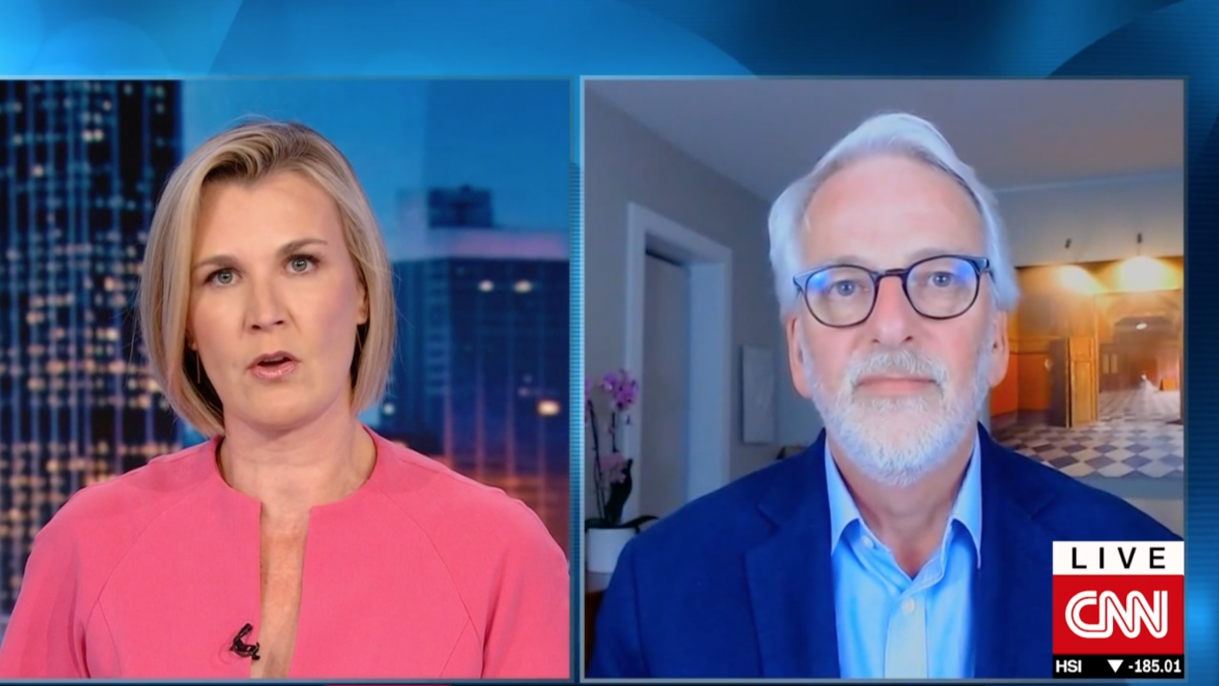 Defense and Security
Defense and Security
NATO Summit Puts Focus on China, Russia | Chicago Council on Global Affairs
China and Russia dominate the future of the transatlantic alliance, Council President Ivo Daalder explains to CNN.
-
 Reuters
ReutersWeijian Shan's Improbable Journey from China's Gobi Desert to Wall Street | Chicago Council on Global Affairs
Economist and author Weijian Shan joins the Council to consider what lessons can we learn about America and China and their continued competition in the global economy. -
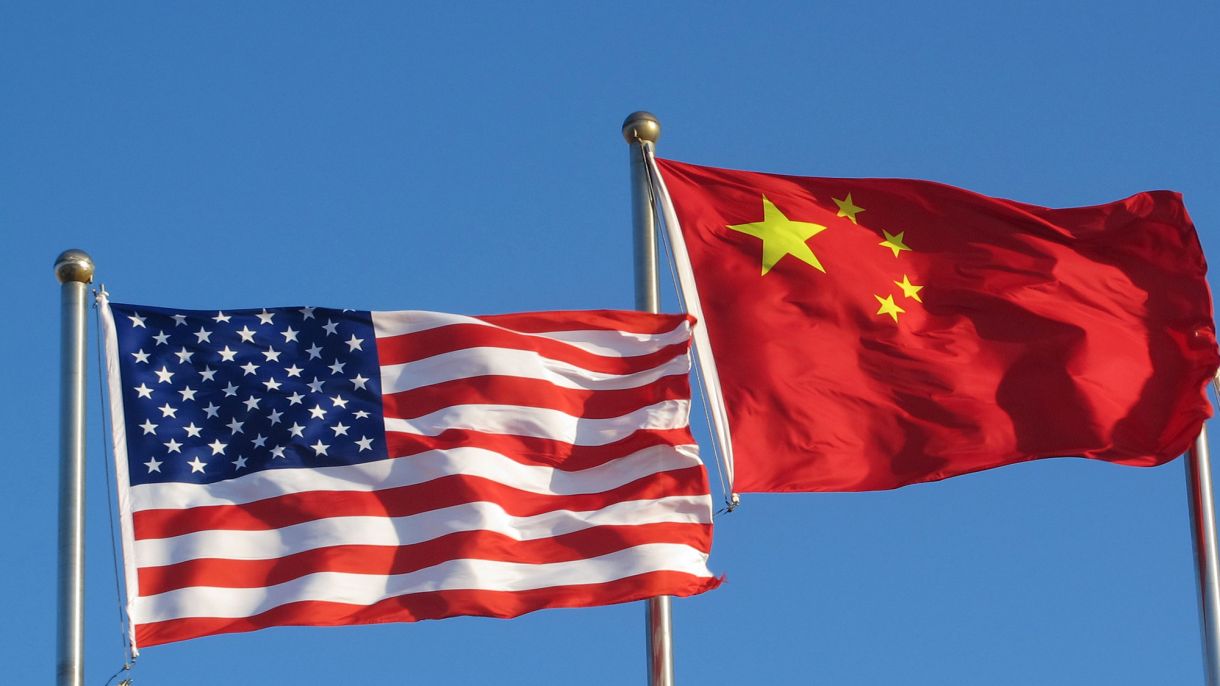 Public OpinionCDC Global
Public OpinionCDC GlobalIs the Coronavirus Turning Americans Against China? | Chicago Council on Global Affairs
This Chicago Council on Global Affairs blog post explores how recent polling finds that Americans have a more negative view on China than ever before.
-
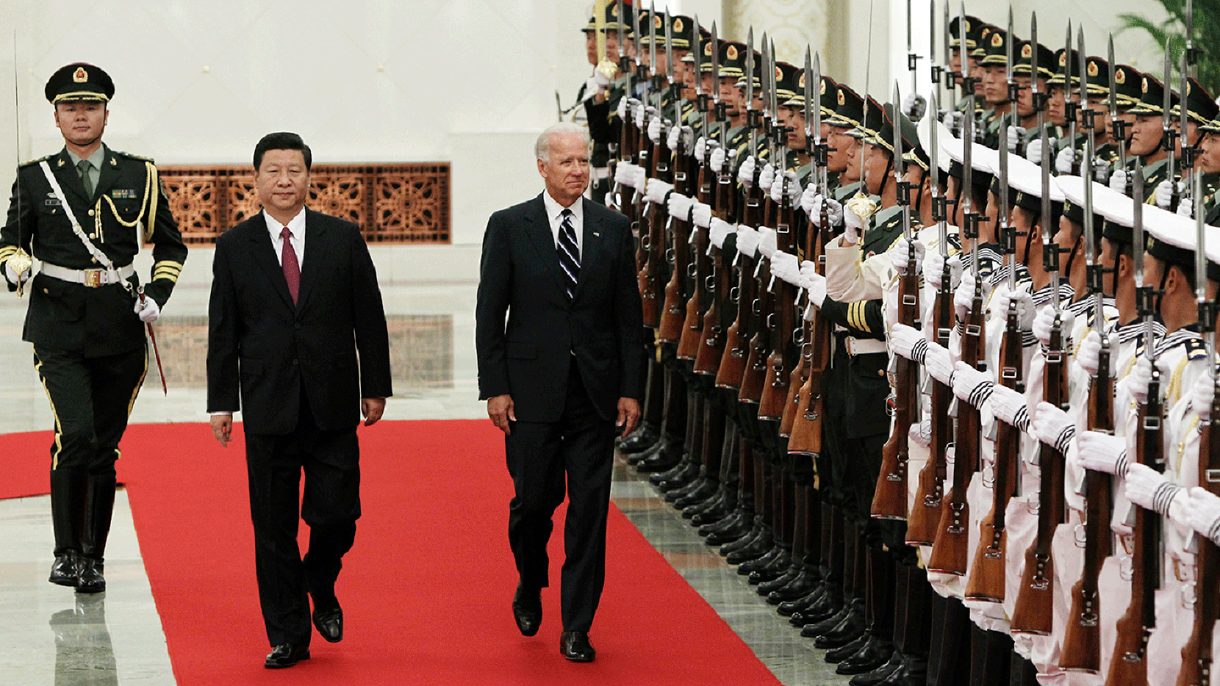 US Foreign Policy
US Foreign Policy
World Review: America, China, and the Avoidable War (Replay) | Chicago Council on Global Affairs
In lieu of a new World Review, Ivo Daalder talks with Former Australian Prime Minister Kevin Rudd about the foreign policy objectives of the United States and China and how these superpowers can prevent competition from sparking a conflict.
-
 Global CitiesJean-Etienne Minh-Duy Poirrier
Global CitiesJean-Etienne Minh-Duy PoirrierThe Urban Century of China and India | Chicago Council on Global Affairs
Xuefei Ren argues that cities in China and India are more aptly compared in territorial vs. associational governance than by regime type.
-
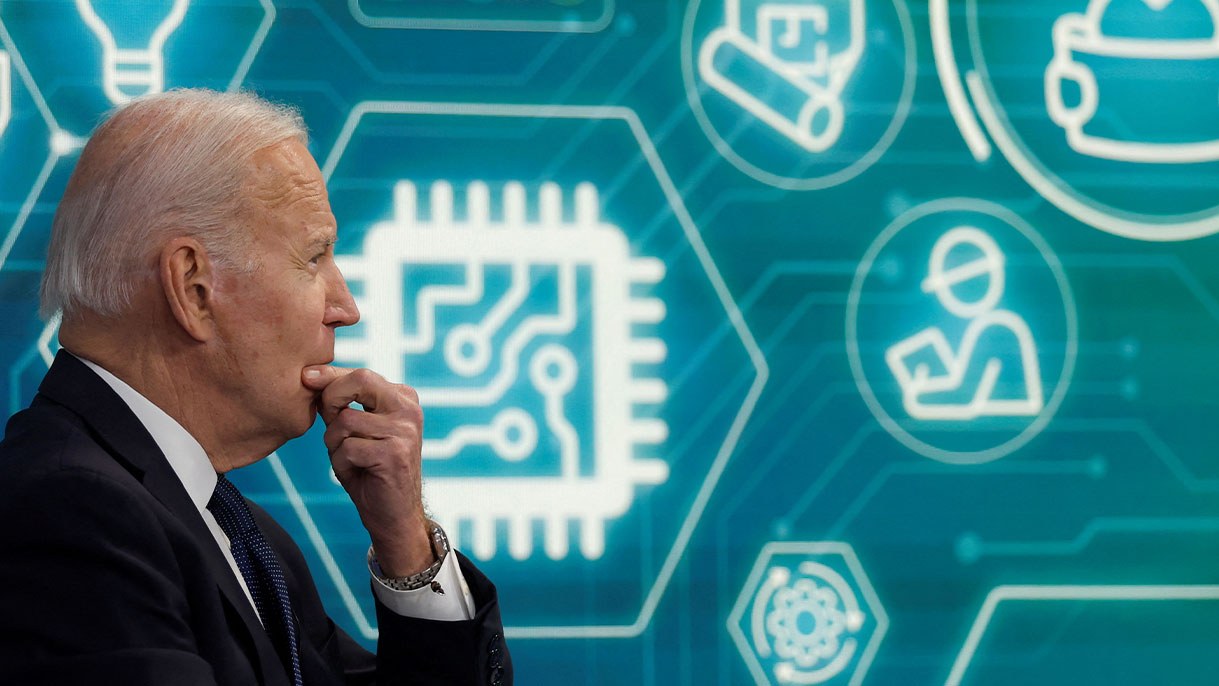 Tech and ScienceREUTERS
Tech and ScienceREUTERSMicrochips and the US-China Battle for the Future | Chicago Council on Global Affairs
Why microchips are at the heart of the geopolitical contest between the US and China.
-
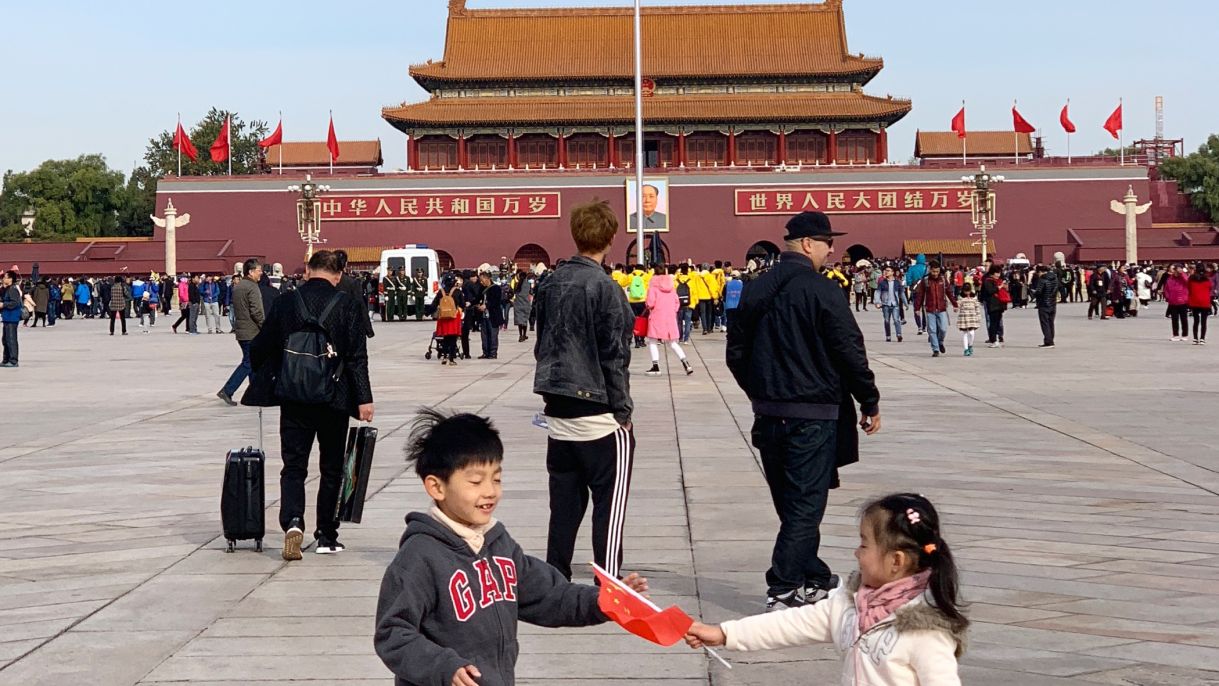 Public OpinionCraig Kafura
Public OpinionCraig KafuraGenerational Differences on US-China Relations | Chicago Council on Global Affairs
Younger Americans are more confident in US power vis-a-vis China and are more likely to oppose restrictions on scientific and educational exchanges between the two.
-
Global HealthREUTERS
Will Protests in China Against COVID Lockdowns Succeed? | Chicago Council on Global Affairs
On Deep Dish we discuss if protests against zero-COVID mean a change in Chinese attitudes toward political expression.
-
 Defense and SecurityAP Photos
Defense and SecurityAP PhotosWill Politics in Taiwan Increase the Risk of Conflict with China? | Chicago Council on Global Affairs
Deep Dish explores the challenges and choices Taiwan faces in preserving peace and navigating its delicate relationship with China and the US.
-
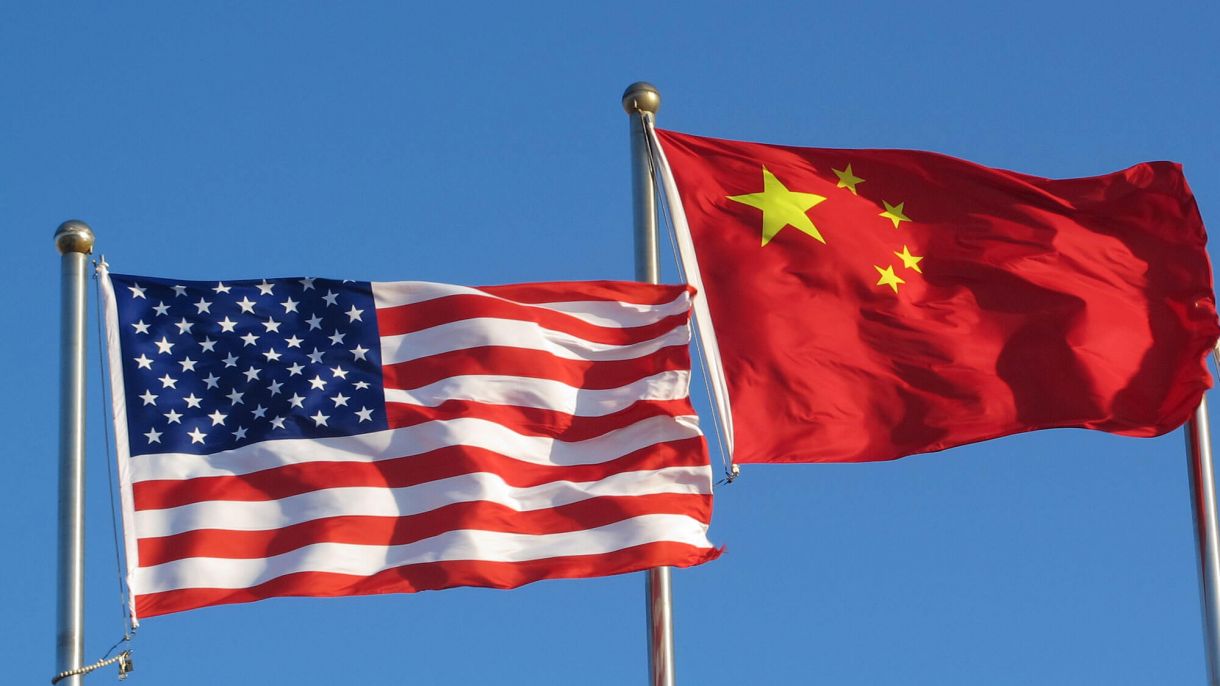 Public OpinionCDC Global
Public OpinionCDC GlobalPublic Prefers Cooperation and Engagement with China | Chicago Council on Global Affairs
A February 2019 poll found most Americans describe the United States and China as rivals (63%) rather than partners (32%).